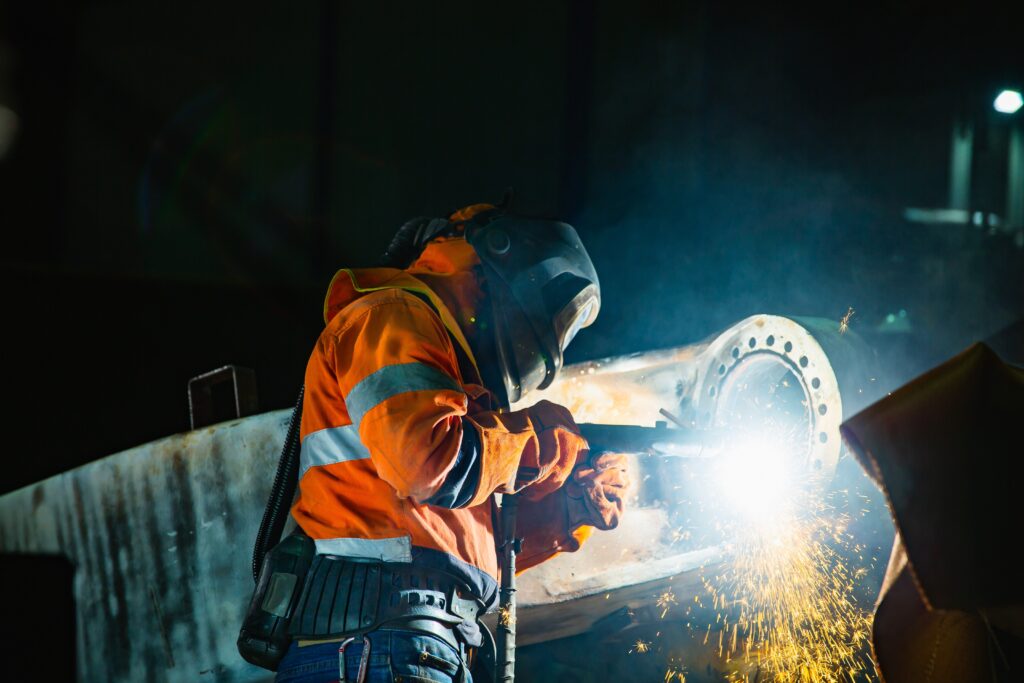No. 96, 6th Main, 1st Phase. Near Basaveshwara Circle, BEML Layout 3rd Stage, Rajarajeshwari Nagar, Bengaluru - 560098
Service Details
Explore the full scope, benefits, and features of our specialized service offerings — crafted with engineering precision and delivered with excellence.

Heavy fabrication refers to the manufacturing process involving the shaping, welding, machining, and assembly of large-scale and high-strength metal components. It is a critical function across industries such as construction, power, oil & gas, mining, shipbuilding, railways, and heavy engineering.
What is Heavy Fabrication?
Heavy fabrication involves working with thick metal plates, large sections, and complex assemblies that require high precision, specialized equipment, and skilled craftsmanship. Components fabricated under this category typically form the core structural or mechanical parts of large projects — such as bridges, industrial buildings, power plant supports, pressure vessels, cranes, and heavy machinery frames.
Capabilities and Processes
Key processes involved in heavy fabrication include:
Cutting and Profiling: Plasma, oxy-fuel, or laser cutting of heavy plates
Welding: Advanced MIG, TIG, and submerged arc welding techniques
Forming and Bending: Using hydraulic presses and rollers to shape large sections
Machining: CNC and conventional machining for achieving tight tolerances
Assembly and Fit-up: Assembling large components and modules
Surface Treatment: Sandblasting, painting, or galvanizing for durability
Advantages of Heavy Fabrication
Strength and Durability: Heavy-fabricated components are built to withstand extreme loads, stress, and environmental conditions.
Customization: Allows for the production of bespoke designs and complex geometries to meet specific project requirements.
Scalability: Suitable for both one-off large structures and repeat production for industrial applications.
Integration: Facilitates pre-assembly of structural modules, reducing on-site construction time and costs.
Typical Applications
Steel bridges and flyovers
Structural frameworks for high-rise or industrial buildings
Heavy-duty platforms, conveyors, and pipe racks
Boiler structures and pressure vessels
Mining and material handling equipment
Offshore and marine structures
